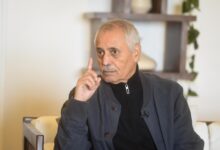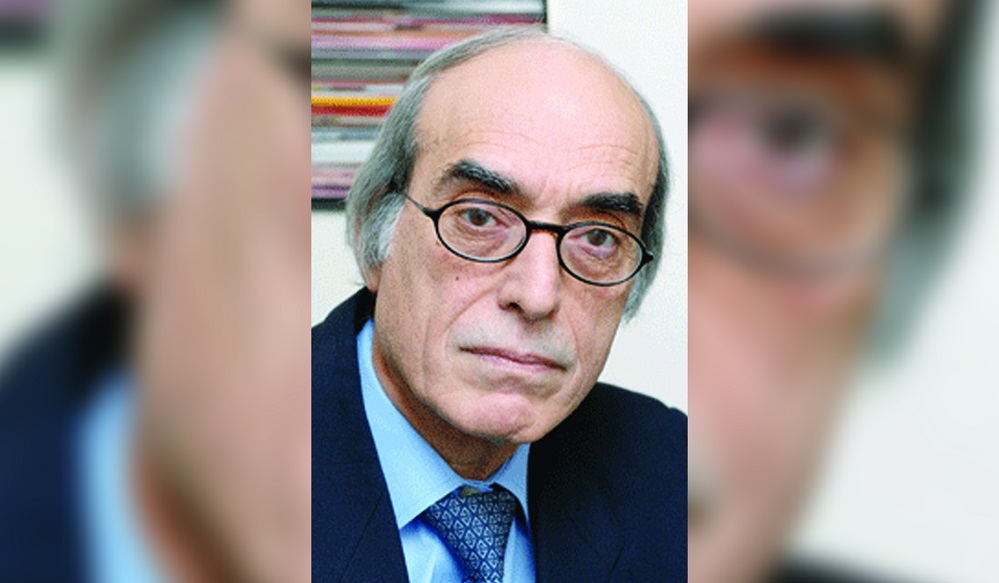From South Africa to Palestine: Experience, Model and the Lesson Learned
Al-Khamisa News Network - Gaza

By Dr. Ahmed Youssef
South Africa’s experience confronting the apartheid regime has been one of the most important models studied by researchers and activists everywhere, for the lessons it offers in resilience, determination and conscious political action. The struggle led by Nelson Mandela and the African National Congress (ANC) was not merely a domestic confrontation with an oppressive authority; it became a global struggle of conscience that won widespread international sympathy and turned the cause into a distinctly humanitarian issue.
Mandela understood that victory would not be won only on the battlefield but also in the arena of global public opinion and by winning the hearts and minds of people around the world. Accordingly, ANC leaders built an extensive network of relationships with liberation movements, human rights organizations and civil society institutions in the West, and even with prominent intellectual and political figures in the United States and Europe. Mandela realized that the road to freedom required not only sacrifice at home but also persuading minds and hearts abroad. In this way, the struggle against apartheid became framed as a moral and human issue that occupied the global conscience, prompting Western governments to reassess their positions and to impose sanctions and boycotts on the racist regime until it finally collapsed under the weight of international isolation.
In the current Palestinian scene, we today see signs reminiscent of what happened in South Africa. The campaign of extermination in Gaza has produced a profound shift in Western public awareness of the reality of the conflict and exposed the falsity of the Israeli narrative that for decades promoted itself as “the only democracy in the Middle East.” Unprecedented waves of popular solidarity have swept through the capitals of Europe and North America, with millions taking to the streets waving the Palestinian flag and denouncing crimes against civilians, while universities, trade unions and academic associations have taken courageous stances by boycotting Israel and its institutions.
The new wave of official recognitions of the State of Palestine — from countries such as Britain, France, Ireland, Spain, Australia, Norway, Slovenia and others — reflects this fundamental shift in international direction and signals the beginning of cracks in the political and moral wall that once shielded Israel from accountability. Changes in Western public opinion also herald the birth of a renewed human conscience, one that is reexamining its moral certainties after witnessing the tragedy in Gaza and the suffering of the Palestinian people. If this shift is wisely harnessed, it could become a new political and moral lever pushing toward the end of occupation, much as global pressure helped bring down the apartheid system in South Africa.
One of the key lessons of the South African experience is that liberation is not achieved solely through armed resistance, but through building a political and moral discourse that convinces the world of the justice of the cause and transforms it into a universal human concern. Accordingly, the Palestinian struggle today needs to develop its political, media and legal tools, and to build a global supportive front grounded in the values of justice, freedom and human rights. The world has changed, and human conscience has become more sensitive to collective injustices, especially those committed under false religious or nationalist pretexts.
Thus, Mandela’s experience and his movement offer a model Palestinians can draw on to manage their long conflict with the occupation: combining steadfastness on the ground with smart diplomacy, and leveraging the ongoing shift in global public opinion to craft a new strategy that awakens human conscience and restores recognition of the Palestinian right to freedom and independence.





